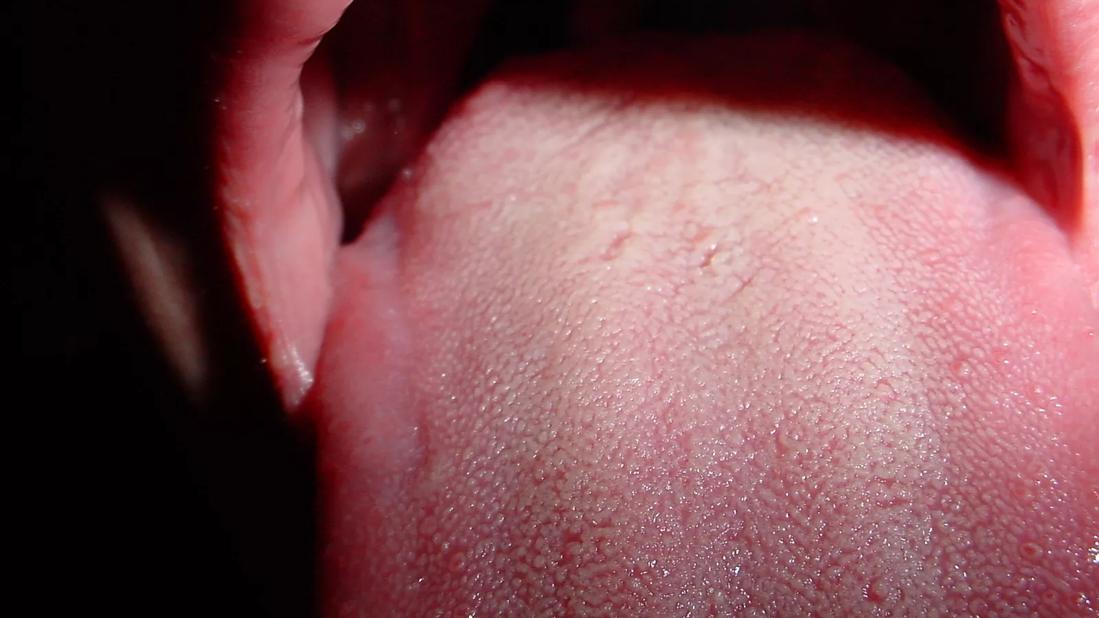The Short Answer from an oral surgeon

Image content: This image is available to view online.
View image online (https://assets.clevelandclinic.org/transform/3da9514b-2493-41ca-b6e9-36c641c993b4/GettyImages-139258955_jpg)
Do Your Taste Buds Change as You Get Older?
A: It is not uncommon for our sense of taste to change, or diminish, with time. This is due to many factors. As we age, the number of taste buds that we have decreases. This usually begins to occur in our 40s if we’re female or in our 50s if we’re male.
Advertisement
Cleveland Clinic is a non-profit academic medical center. Advertising on our site helps support our mission. We do not endorse non-Cleveland Clinic products or services. Policy
At the same time, our remaining taste buds also begin to shrink, or atrophy, and do not function as well. This results in decreased sensitivity to taste, typically affecting salty or sweet, and eventually sour or bitter foods. Around the same time, our sense of smell may also start to decrease, which can contribute to the loss of taste.
—Oral surgeon Michael Horan, MD, DDS, PhD
Advertisement

Delivered every Tuesday!
Sign up for our Health Essentials emails for expert guidance on nutrition, fitness, sleep, skin care and more
It's a letter about the news!

Every two weeks once
Sign up for our Health Essentials emails for expert guidance on nutrition, fitness, sleep, skin care and more.
Learn more about our editorial process.
Advertisement
Most recommended precautions center around minimizing bruising or swelling
Even one drink can have an impact on your cognitive function leading to slurred speech, blurred vision and impaired memory
Understand who may (and may not) benefit
Lorem ipsum dolor sit amet. Et odio Quis vel ipsam omnis eum alias deleniti et placeat impedit non voluptas galisum hic autem enim et cupiditate aliquid. Est beatae quidem non facilis autem ut commodi nisi aut tempore rerum et dolores voluptatem cum enim optio id sapiente quasi. Ad laboriosam officiis 33 cupiditate sequi ea voluptatum consectetur qui necessitatibus voluptate et quasi doloremque et facere explicabo quo explicabo officia
Seeking help through therapy can be an important step in improving your quality of life when you have UC
Type 2 diabetes isn’t inevitable with these dietary changes
Applying a hot or cold compress can help with pain
Pump up your iron intake with foods like tuna, tofu and turkey